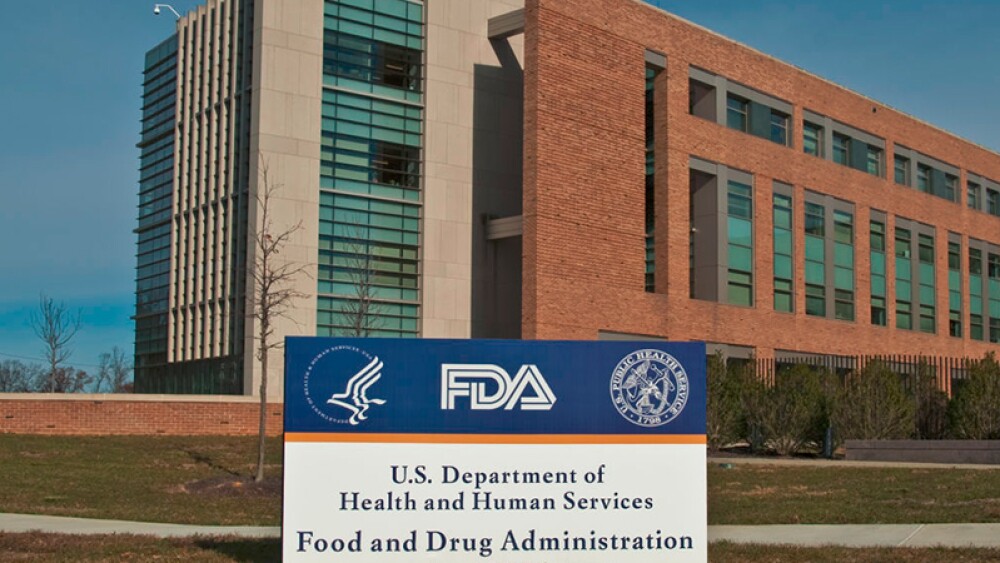April 14, 2017
By Mark Terry, BioSpace.com Breaking News Staff
The U.S. Food and Drug Administration (FDA) issued a complete response letter—essentially a rejection—of Eli Lilly and Company and Incyte Corporation ’s application for baricitinib for moderate-to-severe rheumatoid arthritis (RA).
The FDA indicated that it couldn’t approve the application in its current form. The agency wanted more clinical data on dosing, as well as more data to address broad safety concerns.
Both companies say they disagree with the FDA’s conclusions. A resubmission date will be discussed with the FDA.
“We are disappointed with this action,” said Christi Shaw, president of Lilly Bio-Medicines, in a statement. “We remain confident in the benefit/risk of baricitinib as a new treatment option for adults with moderate-to-severe RA. We will continue to work with the FDA to determine a path forward and ultimately bring baricitinib to patients in the U.S.”
Baricitinib is a once-daily oral JAK inhibitor. Lilly and Incyte inked their collaboration deal in December 2009. The drug was submitted for regulatory review in the U.S., European Union and Japan in 2016. The EU approved it in February 2017. In January, the FDA asked for a three-months extension to review additional data.
The drug is also being evaluated in Phase II trials for atopic dermatitis and systemic lupus erythematosus. A Phase III trial for psoriatic arthritis is expected to launch sometime this year.
In April 2016, Incyte acquired the rights to develop and commercialize Jakafi from Lilly for graft-versus-host-disease (GVHD). Jakafi is a JAK1/JAK2 inhibitor. At the same time, Incyte amended a collaboration and licensing deal with Novartis , granting Novartis exclusive research, development and commercialization rights for ruxolitinib in GVHD outside the U.S.
“We are committed to the research and development of innovative medicines that will benefit patients with serious diseases, like GVHD, where there are no approved treatments,” said Herve Hoppenot, president and chief executive officer of Incyte, in a statement at the time. “We are very pleased to be able to expand our development opportunities for ruxolitinib and plan to initiate a registration study in GVHD later this year as we seek to accelerate the availability of a treatment option for patients with this life-threatening disorder.”
Incyte is considered one of the top acquisition targets in the industry. The primary reason is Jakafi and Iclusig. Jakafi has the potential to hit $3 billion in peak sales. Iclusig is used to treat chronic myeloid leukemia and acute lymphoblastic leukemia. It also has epacadostat, a selective oral inhibitor of the IDO1 enzyme that reverses tumor-associated immune response. It is being evaluated in a clinical trial with Merck ’s Keytruda in melanoma.
Potential buyers include Gilead Sciences , Amgen and Bristol-Myers Squibb .
Had it been approved—and neither Lilly nor Incyte are abandoning it—baricitinib was projected to have peak sales of $1.8 billion.
Ben Adams, writing for FierceBiotech, says, “The companies, which have been partnered since 2009 on the med, have undertaken a number of Phase III tests, showing that it is non-inferior to methotrexate, the standard global starter drug for RA, based on the ACR20 response rate after 24 weeks of treatment. Lilly and Incyte have also previously scored a successful head-to-head with Enbrel and Humira, and then followed up with a successful showdown with a placebo arm.”





